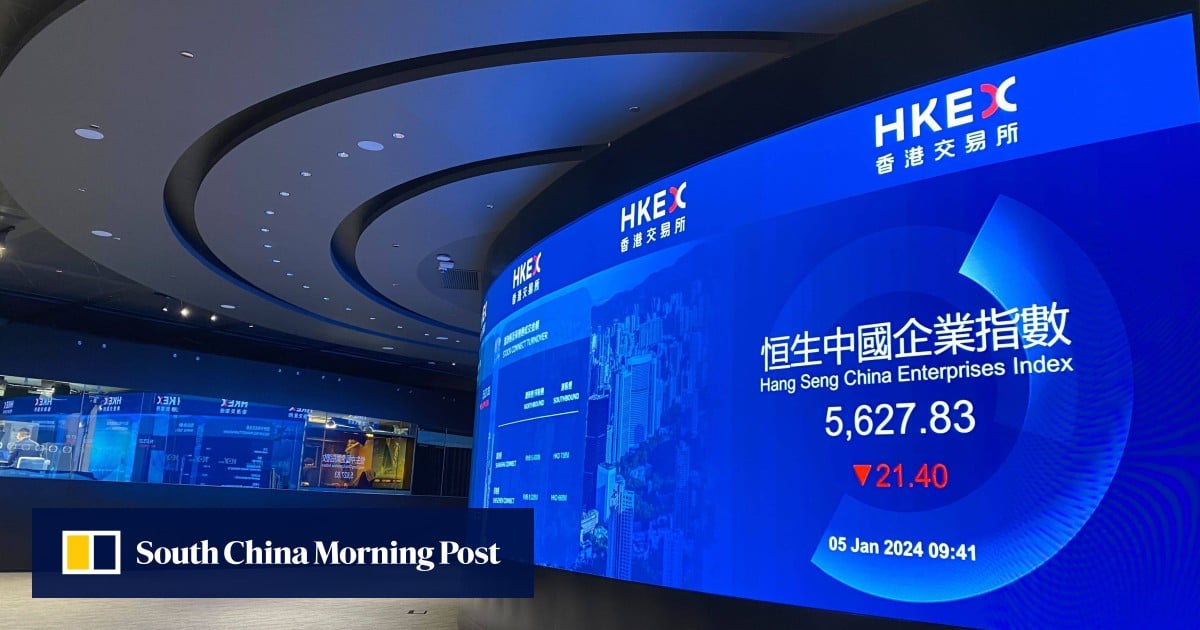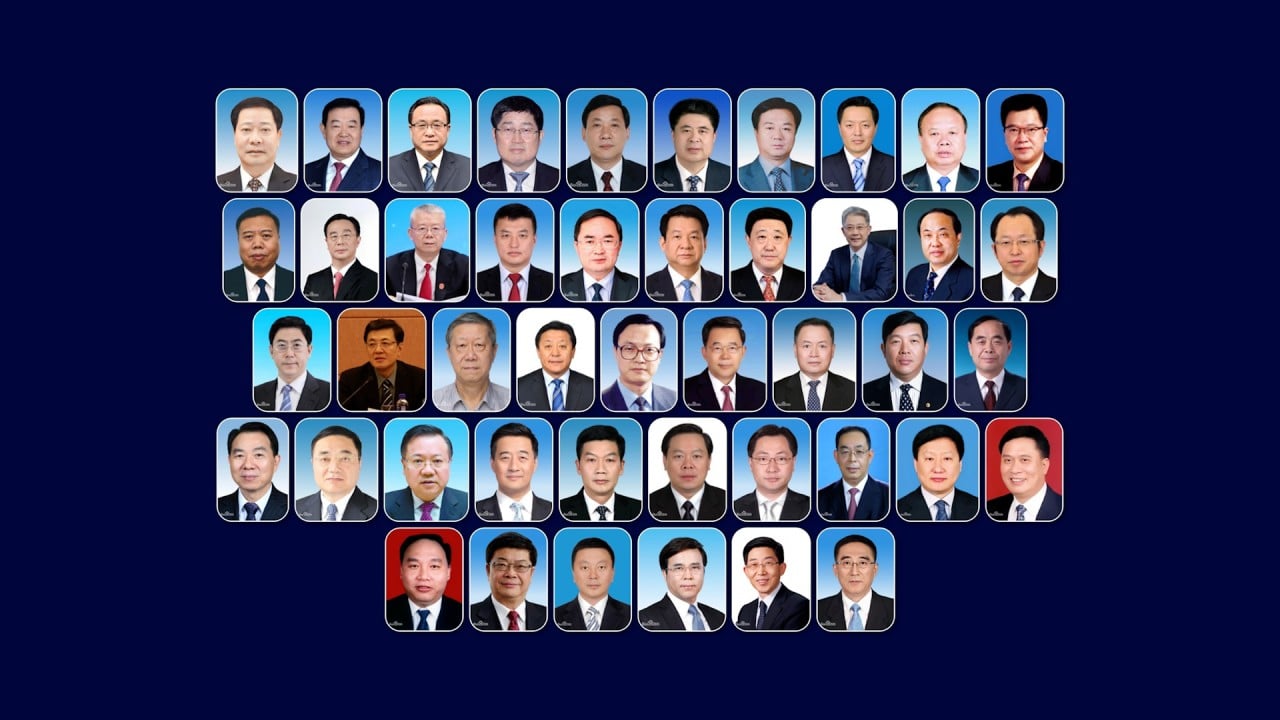
17 Jan Alibaba, HSBC, Longfor drag Hong Kong stocks to 14-month low as China’s growth trails forecasts, home prices fall by most since 2015
The Hang Seng Index tumbled 2.8 per cent to 15,419.68 at the local noon break, the lowest since November 3, 2022. Today’s drop is also one-day decline in six months. The Tech Index sank 3.9 per cent while the Shanghai Composite Index retreated 0.6 per cent.
Alibaba Group fell 2.8 per cent to HK$66.50 and peer JD.com slipped 4.1 per cent to HK$89.55, while Tencent slid 2.9 per cent to HK$274.20. HSBC led financials lower, losing 1.3 per cent to HK$58.35, while AIA Group slid 3.6 per cent to HK$60.30 and ICBC fell 1.6 per cent to HK$3.58.
Longfor Group sank 4.7 per cent to HK$9.06, and peer China Resources Land tumbled 4.6 per cent to HK$23.10 while peer China Overseas Land dropped 4.2 per cent to HK$11.48 after new home prices fell across major mainland cities.
Other December data was mixed, with retail sales trailing estimates and industrial production beating projections, the bureau said.
“Chinese policymakers’ reluctance to stimulate meaningfully underscores that China is unlikely to be a meaningful source of growth for the global economy,” strategists at BCA Research said in a report. “It will take more economic pain to compel policymakers to cut interest rates.”
Place China bets carefully and look across Asia: JPMorgan private banker
Place China bets carefully and look across Asia: JPMorgan private banker
Stock benchmarks in Hong Kong and mainland bourses have lost at least 4 per cent on heightened concerns about China’s economic outlook as its stimulus measures failed to drive a stronger recovery, BCA said. The People’s Bank of China left its policy lending rate unchanged for a fifth month earlier this week, suggesting it was worried about undermining the local currency, the Montreal-based research firm said.
The decision to keep rates unchanged suggests policymakers are unconvinced that marginal rate cuts will boost economic conditions, BCA said in its report. Depressed private sector sentiment amid the weak property market is dampening the effectiveness of policy stimulus, it added.
“The GDP data has been fuelling panic selling among investor, who now expect more cuts in corporate earnings forecasts,” said Wu Kan, an investment manager at Soochow Securities in Shanghai. “On the other hand, that has also raised hopes of more stimulus measures.”
Other major Asian markets were mixed. Japan’s Nikkei 225 climbed 0.3 per cent, while South Korea’s Kospi retreated 2.3 per cent and Australia’s S&P/ASX 200 lost 0.6 per cent.

